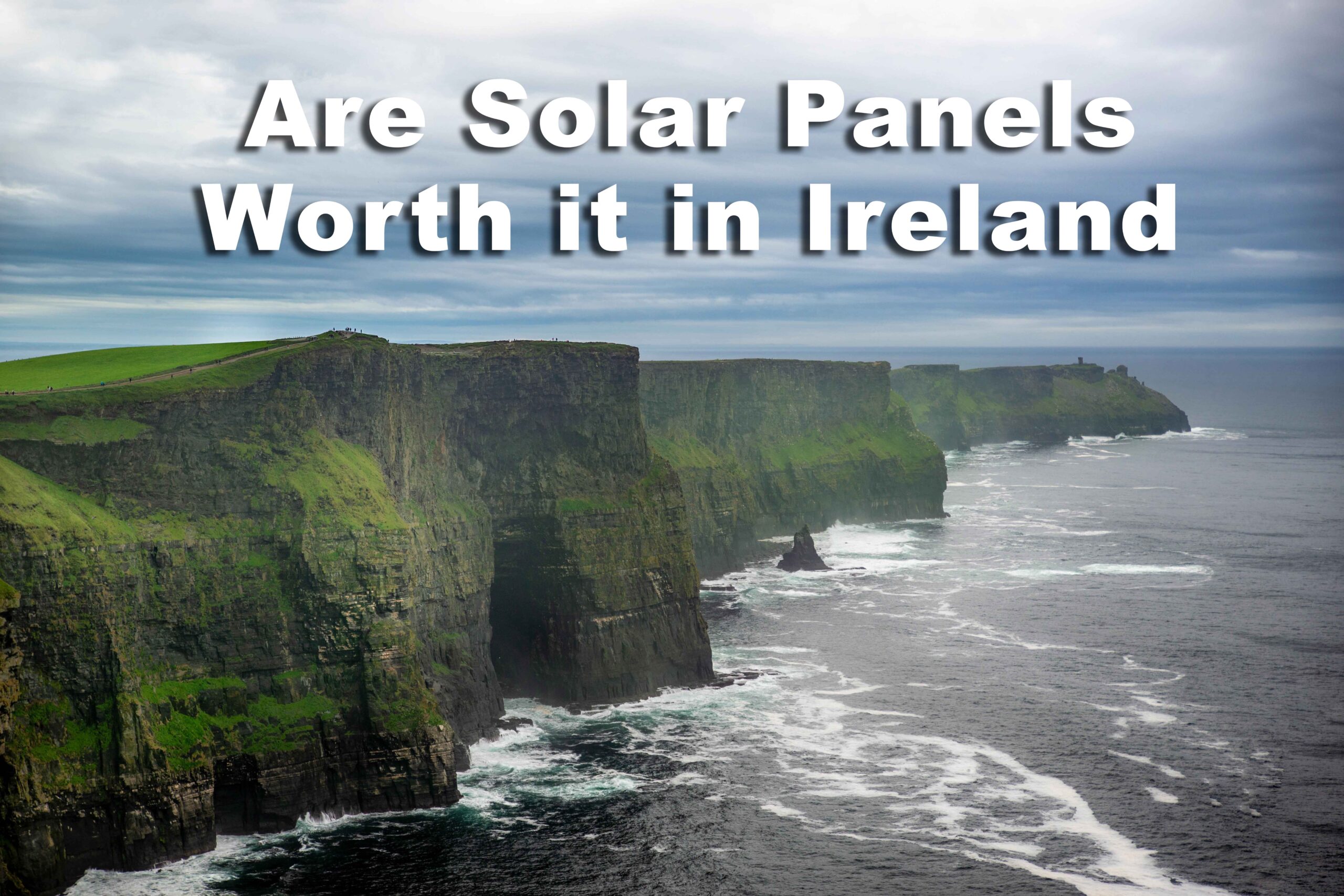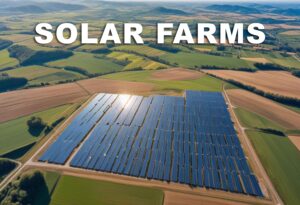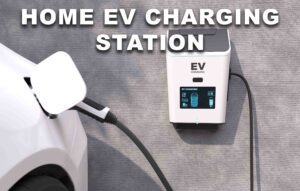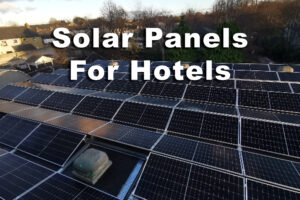As the world shifts toward greener energy solutions, solar power has emerged as a prominent contender in reducing carbon footprints while cutting energy costs. In Ireland, where sunshine is often scarce, the question arises—are solar panels worth it in Ireland? In this detailed guide, we’ll explore the potential of solar energy in Ireland, evaluating the costs, benefits, and efficiency of photovoltaic (PV) systems under Irish weather conditions.
Understanding Solar Panels and How They Work
Solar panels, or photovoltaic systems, convert sunlight into electricity using semiconductor materials. Each solar panel consists of multiple solar cells, which harness sunlight to generate direct current (DC) electricity. An inverter then converts this DC electricity into alternating current (AC) for use in homes and businesses.
Key Components of a Solar Energy System
- Solar Panels: Capture sunlight and convert it into electrical energy.
- Inverter: Converts DC to AC electricity.
- Battery Storage (Optional): Stores excess energy for later use.
- Mounting System: Secures the panels to the roof or ground.
- Monitoring System: Tracks performance and energy generation.
The question now is, how do these components perform under Ireland’s climate?
Solar Panel Efficiency in Ireland’s Climate
Ireland is known for its overcast skies, rainfall, and relatively few sunny days. However, this doesn’t necessarily mean solar panels are ineffective. Solar panels don’t require direct sunlight; they can generate electricity even on cloudy days. Ireland receives an average of 3.5 hours of sunlight per day, translating into about 1000 kWh/m² of solar radiation annually—plenty for solar power generation.
Peak Solar Hours by Region in Ireland
- South and Southeast: Receives the highest levels of sunlight, making these regions optimal for solar installations.
- West and Northwest: Although these areas experience more rainfall, solar panels can still produce electricity efficiently.
- Midlands: Adequate sunlight exposure, making them viable for solar energy systems.
How Much Can Solar Panels Save in Ireland?
The key attraction of solar energy is its potential for cost savings. By installing solar panels, homeowners can significantly reduce their reliance on the grid, lowering electricity bills. While the exact savings depend on your household’s energy consumption and the size of the solar installation, let’s look at the general financial benefits.
Financial Breakdown: Savings with Solar Panels
- Initial Investment: The average cost of installing a solar panel system ranges between €5,000 to €10,000, depending on the system size and complexity.
- SEAI Grant: The Sustainable Energy Authority of Ireland (SEAI) offers grants of up to €2,400, which can substantially reduce upfront costs.
- Energy Bill Savings: Solar panels can save an average household up to 50% on their electricity bills, potentially amounting to €500 or more annually.
- Payback Period: Considering savings and grants, most solar installations pay for themselves within 7-10 years.
Environmental Benefits of Solar Power in Ireland
Solar energy is one of the cleanest forms of renewable energy. It generates electricity without harmful emissions, helping to mitigate climate change. By installing solar panels, households and businesses can significantly reduce their carbon footprint.
Carbon Offset from Solar Panels
A typical 3kW solar panel system in Ireland can offset approximately 1.5 to 2 tonnes of CO2 annually. Over a system’s 25-year lifespan, this can equate to a significant reduction in greenhouse gas emissions.
The Future of Solar in Ireland: Growth and Government Incentives
The Irish government has committed to ambitious renewable energy targets, with solar energy playing a key role. The SEAI has been instrumental in promoting solar installations through grants, and further advancements in solar technology promise to improve efficiency and affordability.
Why Now is the Best Time to Go Solar
- Reduced Costs: The price of solar panels has decreased by over 80% in the past decade, making it more affordable than ever.
- SEAI Grants: Government incentives are still available, but as the adoption of solar increases, these grants may become less generous in the future.
- Energy Independence: Solar panels allow homeowners to become more energy-independent, protecting against rising electricity prices.
Solar Panel Installation Process: What to Expect
Installing solar panels involves several steps, from initial consultation to final installation and commissioning. The process is streamlined but requires attention to detail to ensure maximum efficiency and compliance with Irish building regulations.
Step-by-Step Installation Guide
- Site Survey: An installer will assess your roof’s orientation, shading, and structural integrity.
- Design: A customized system design is created, optimizing panel layout for maximum solar gain.
- Installation: The panels are securely mounted, and electrical connections are made.
- Commissioning: The system is tested to ensure proper operation, and it is then connected to the grid.
Can Solar Panels Work in Irish Winters?
Winter months in Ireland are characterized by shorter days and lower sunlight. While energy generation will be lower, solar panels can still produce electricity during this time. Additionally, excess energy generated during the summer months can be stored in batteries for use in winter, ensuring consistent energy availability year-round.
Winter Solar Energy Performance
- Reduced Output: Energy production in winter is typically 30% to 50% lower than in summer months.
- Battery Storage: Adding a battery to your system can help store surplus energy generated in the summer for use during the darker winter months.
- Grid-Tie Systems: Any shortfall in energy production during winter can be supplemented by the national grid.

Conclusion: Are Solar Panels Worth It in Ireland?
Despite Ireland’s unpredictable weather, solar panels are a worthwhile investment for many households. With the availability of SEAI grants, reduced installation costs, and the potential for significant energy savings, solar energy is a viable option for reducing electricity bills and carbon footprints. Furthermore, as technology continues to evolve and solar panel efficiency improves, the benefits of going solar in Ireland will only increase. Whether you’re seeking financial savings, energy independence, or environmental sustainability, solar panels can provide a compelling solution for your home or business in Ireland.











